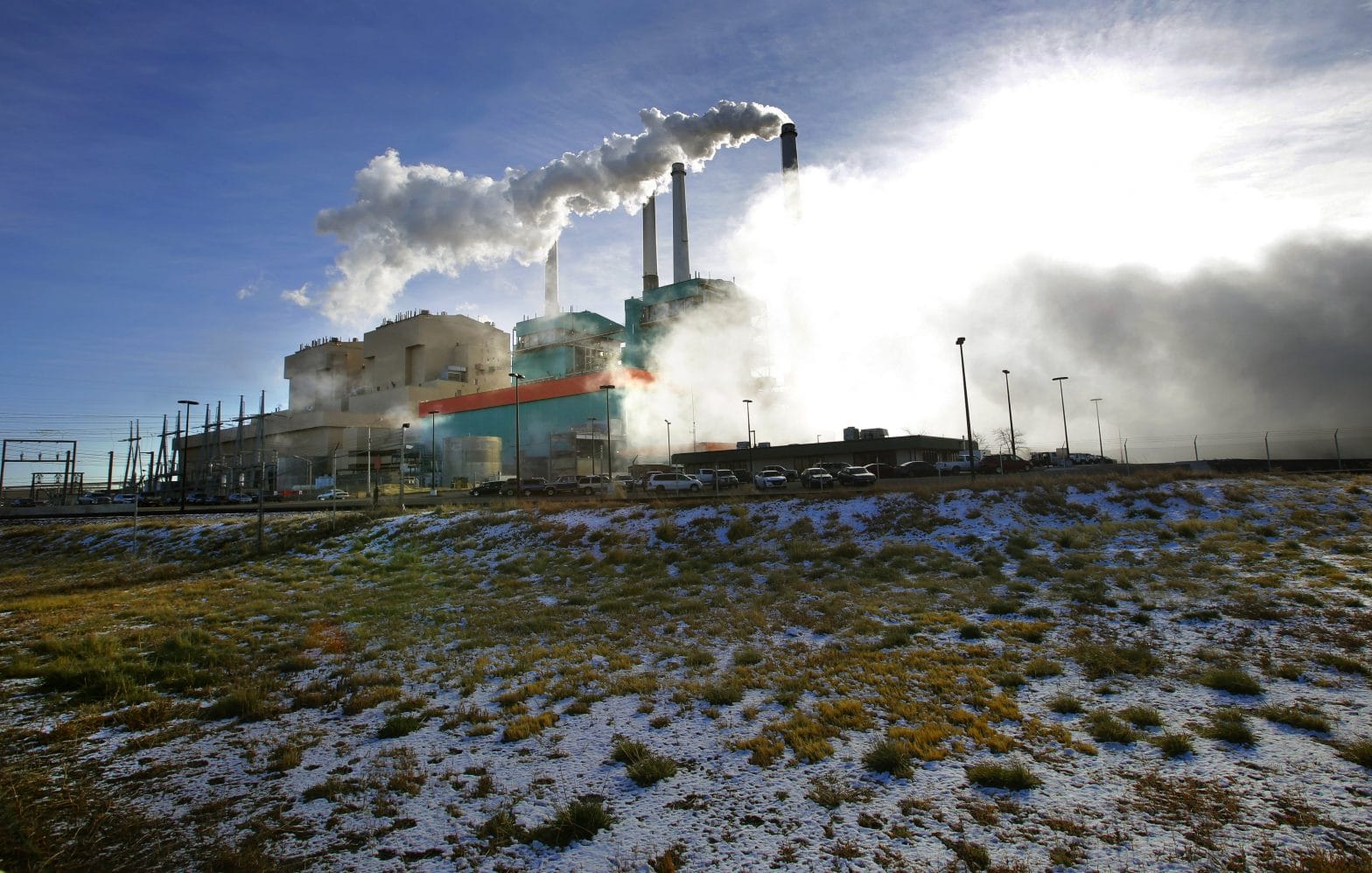Budget Hawks Want Carbon Fees Despite Nominal Support From Congress

WASHINGTON — Although the House-passed Build Back Better agenda stalled in the Senate, many seek to reinvigorate discussion around its $550 billion in climate-related provisions, including new spending as well as tax breaks for eco-friendly activities.
However, with a high and rising national debt, spending opponents argue that the United States needs an environmental instrument that doesn’t lead to economic decline.
Sen. Sheldon Whitehouse, D-R.I., sponsor of the Save Our Future Act, advocated for “carbon fees” at a recent Committee for a Responsible Federal Budget discussion. Among the provisions of his bill are imposing a fee on certain fossil fuels, including coal, petroleum products and natural gas, as well as imposing fees on fluorinated greenhouse gases imported into the United States and on facilities that emit greenhouse gases from processes other than fossil fuel combustion.
“CO2 may have fallen [since 2005] as we’re veering away from coal, but … it’s not clear we are gaining that much in overall greenhouse reduction,” Whitehouse said. “Pricing carbon is the most effective and consequential way to do something about the climate emergency.”
Carbon fees — as the senator prefers to refer to what many call a carbon tax — are penalties, and they are, he believes, the fastest way to cut emissions the country has at its disposal.
Whitehouse’s bill also has an offset, or carbon border adjustment, for trade “so that a cement factory in Texas is not put out of business by a cement factory in Mexico simply because that factory in Mexico cheats on carbon emissions.”
And his bill provides rebates to middle- and low-income taxpayers.
According to Whitehouse, there is “nominal” support for carbon fees in Congress as well as in industry, though some trade associations are “outright hostile” about the idea. He went so far as to single out the Chamber of Commerce and National Association of Manufacturers as being “enemies of progress.”
“Effectively we have until August to land this plane,” Whitehouse said, reminding that Congress not only adjourns for its district work period but that it could return with a different party in the majority following the midterm elections.
He suggested that, should his bill not move forward, he would like to see carbon fees in an upcoming reconciliation bill.
“We’re probably going to have to throw everything we have at the problem until we know that we’re safe,” he said.
Marc Goldwein, senior vice president and senior policy director for CRFB, agrees with Whitehouse that coming at the climate concern from multiple angles may be the nation’s best bet.
“A push-pull approach would be very [efficient] at reducing emissions in a fiscally sustainable way,” Goldwein said, suggesting that it might actually make sense to consider coupling the Build Back Better Act’s climate provisions alongside a carbon tax or other carbon pricing mechanism to enhance the effects.
“Carbon pricing lets the economy and market decide what are the most efficient ways … ,” Goldwein said. “It’s hard, even with really good regulations, to get the same result when you’re going from the top down.”
The Build Back Better Act’s climate provisions, at a cost of roughly $550 billion over 10 years, are estimated to reduce net greenhouse gas emissions by 17% in 2030 — compared with taking no action.
“Carbon taxes starting at $40 [per metric ton], growing at 5% a year, would reduce emissions between 14 and 21%,” Goldwein said, which would be the equivalent of that proposed in the Build Back Better Agenda, “and would allow extra money available … as it could raise anywhere from a few hundred billion to a trillion over a decade.”
According to CRFB data, a $40 per metric ton carbon tax coupled with the BBB climate provisions would reduce deficits by $900 billion on net over 10 years, save more in the second decade and reduce GHG emissions by 30% in 2030.
In effect, BBB spending would be investing a short-term cost in a long-term gain.
“Financing climate investments with a carbon tax could greatly improve their effectiveness in reducing emissions while leaving other revenue and spending offsets available to reduce deficits or fund other priorities,” Goldwein said. “And anything we can do to improve the debt would be a move in the right direction because we are in a pretty bad place right now.”
Kate can be reached at [email protected]
























